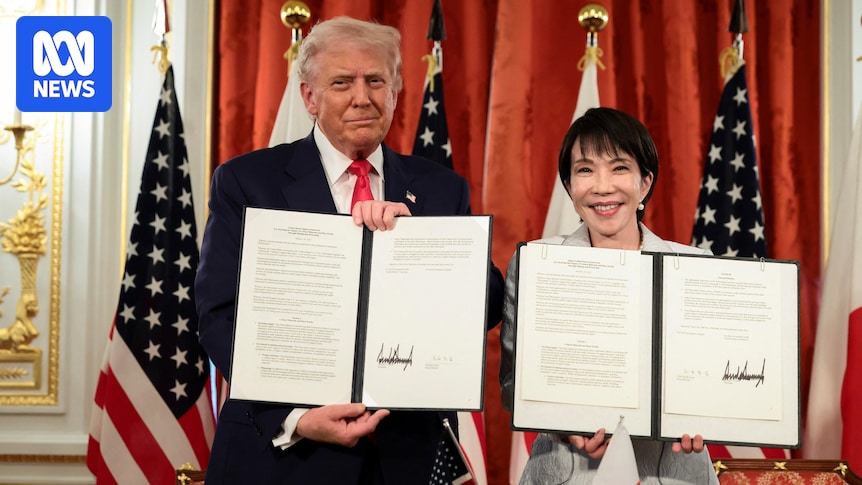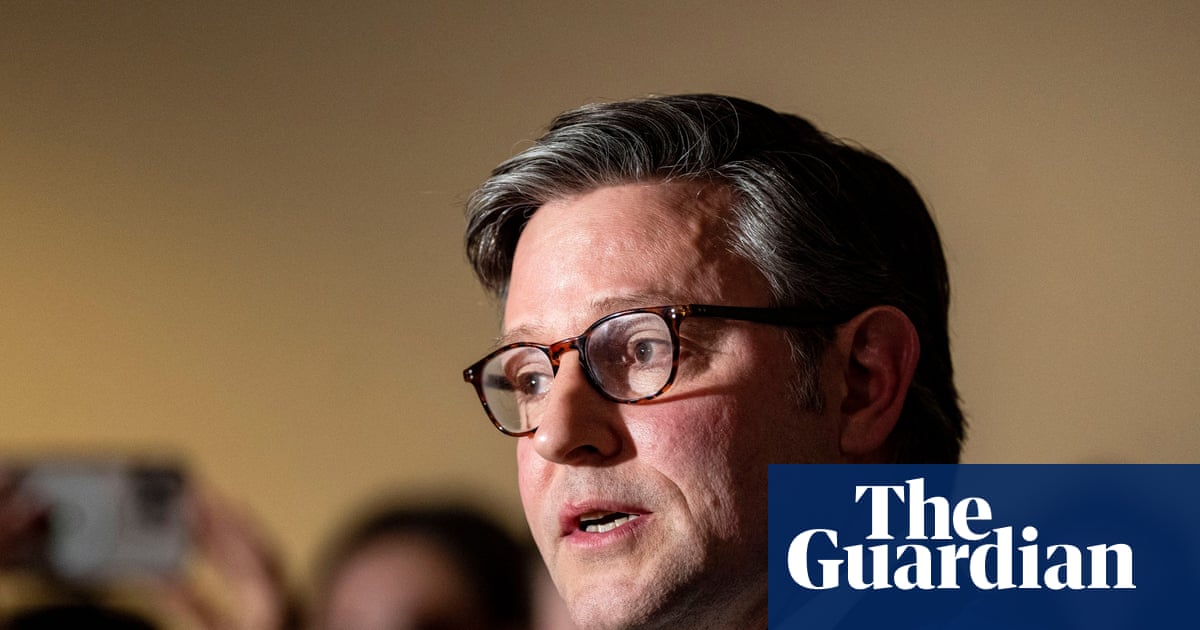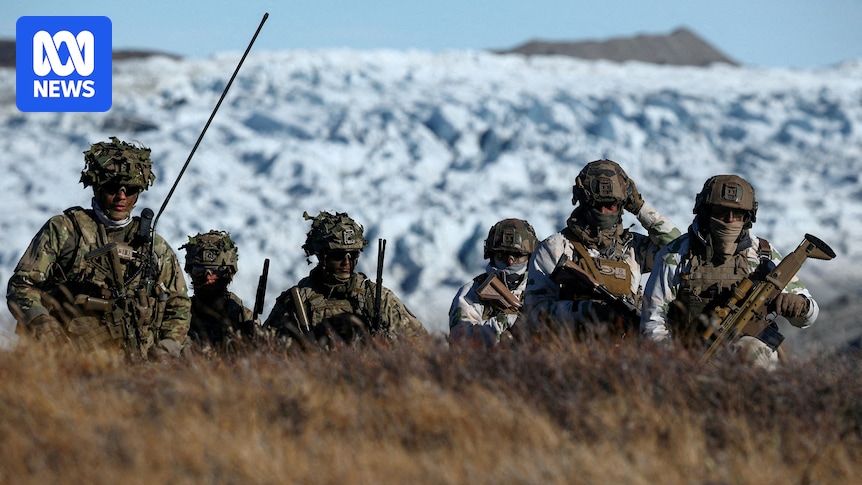
In a significant move to strengthen global supply chains, US President Donald Trump and Japan’s newly appointed Prime Minister Sanae Takaichi have signed a framework agreement on critical minerals and rare earths. The agreement was finalized during President Trump’s visit to Japan, a key stop on his broader tour of Asia, highlighting the strategic importance both nations place on securing these essential resources.
The agreement comes at a time when the global demand for rare earths is skyrocketing, driven by their crucial role in renewable energy technologies, electronics, and automotive industries. The collaboration between the US and Japan aims to diversify and stabilize supply chains, reducing reliance on China, which currently processes over 90% of the world’s rare earths. This move follows a similar agreement between the US and Australia, aimed at establishing “critical mineral and energy dominance.”
Strengthening Supply Chains Amid Geopolitical Tensions
The White House has emphasized the importance of using economic policy tools and coordinated investments to develop diversified and fair markets for these minerals. The strategic partnership seeks to streamline and deregulate permitting processes, address non-market policies, and counter unfair trade practices. Both countries are also considering a complementary stockpiling arrangement to ensure supply chain security.
China’s recent expansion of export controls on rare earths has added urgency to these efforts. With the US having only one operational rare earth mine, the race to secure these minerals is critical for the production of electric vehicles, defense systems, and advanced manufacturing. President Trump’s upcoming meeting with Chinese President Xi Jinping is expected to address these issues as part of broader trade discussions.
Takaichi’s Diplomatic Debut and ‘Charm Offensive’
Prime Minister Takaichi, Japan’s first female leader, has embarked on what observers are calling a “charm offensive” to solidify her international standing and strengthen ties with key allies. During the signing ceremony at the Akasaka Palace in Tokyo, President Trump praised Takaichi’s leadership and her commitment to enhancing Japan’s military capabilities.
Takaichi, a close ally of the late Prime Minister Shinzo Abe, has pledged to nominate Trump for the Nobel Peace Prize, citing his role in securing ceasefires in various global conflicts. Her diplomatic gestures, including a $550 billion investment package in US industries, are seen as efforts to temper any demands from Trump for increased Japanese defense spending.
“Takaichi will be using a ‘charm offensive’ to win Trump’s favor and get the deal done, and Trump just wants to say he made a ‘beautiful deal’. That’s his style,” said Dr. Lai-Ha Chan, a senior lecturer in Social and Political Sciences at the University of Technology Sydney.
Historical Parallels and Future Implications
Takaichi’s approach mirrors that of her predecessor, Shinzo Abe, who cultivated a close personal relationship with Trump, often through shared interests like golf. By gifting Trump with memorabilia linked to Abe, Takaichi is signaling continuity in Japan’s diplomatic strategy. This relationship could be pivotal for Takaichi, whose political standing at home is still consolidating despite a recent surge in public support.
The partnership with the US is not only about securing minerals but also about reinforcing Japan’s position as a strategic ally in the Asia-Pacific region. As Trump and Takaichi prepare to visit the US naval base in Yokosuka, the focus will likely remain on defense cooperation and regional security.
Looking ahead, the outcomes of Trump’s discussions with Xi Jinping will be closely watched. A potential trade truce between the US and China could reshape global economic dynamics, impacting everything from supply chains to geopolitical alliances.
As Takaichi continues to navigate her new role, her ability to balance domestic challenges with international diplomacy will be crucial. The rare earths agreement marks a promising start, but the road ahead will require careful negotiation and strategic foresight.







